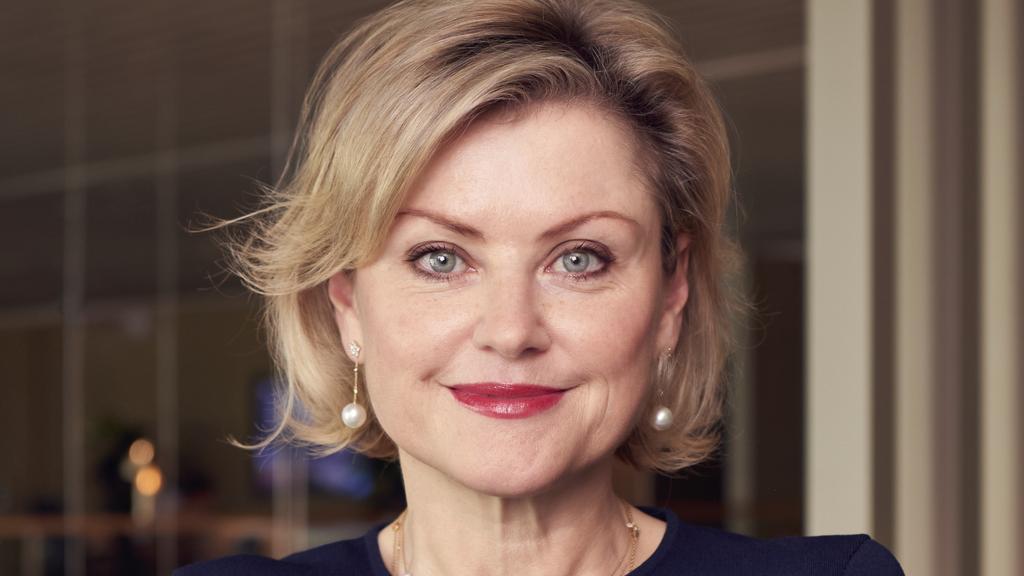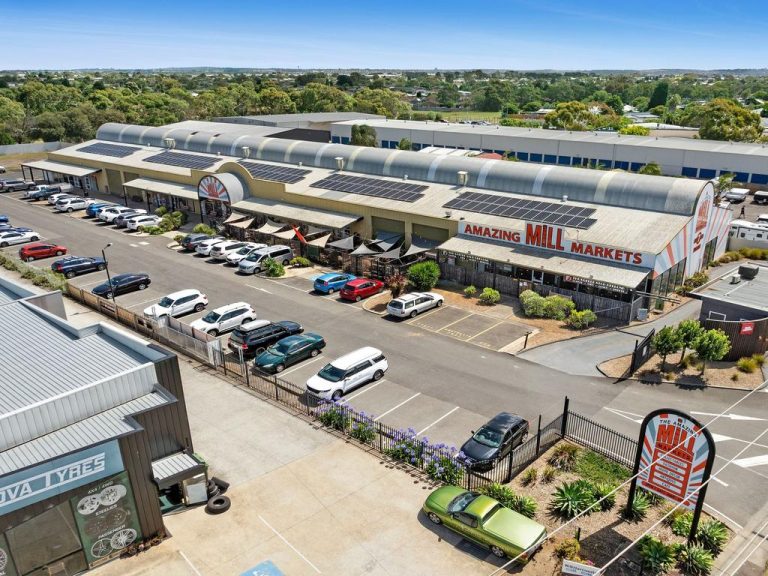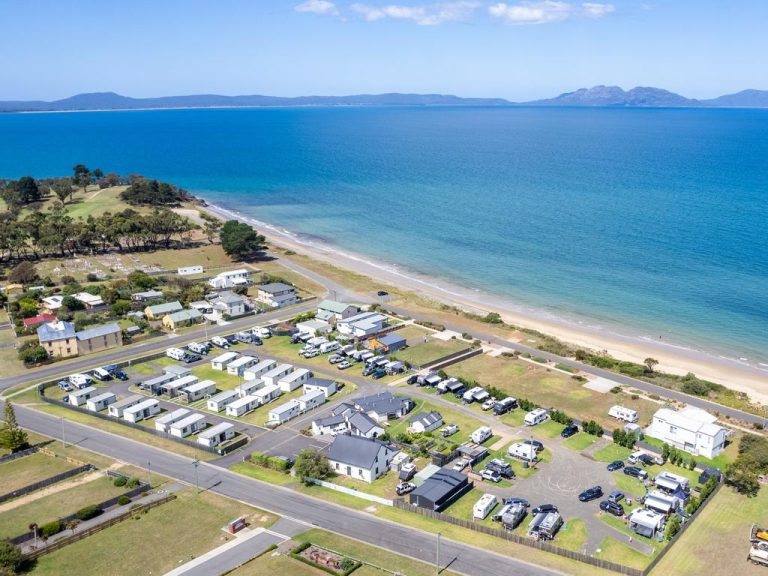‘Safe haven’ to lure investors, says Property Council president

Property Council president Carmel Hourigan
For Property Council president Carmel Hourigan the big focus of the federal election is the chance to improve the country’s tax and investment settings, hasten planning systems, and boost productivity.
“We are really focused on a whole range of things that are happening at the moment in the industry in terms of improving our competitiveness,” she said.
The backdrop is that the sector is, at last, seeing some light as values stabilise and institutional investors switch to buying mode.
“We feel we’re in a position now where most sectors across the Australian industry are actually in a trough position,” she said.
The property veteran, formerly of AMP Capital, Lendlease and Colonial, says good demand numbers and rental growth are emerging.
“We’ve got very limited supply across all the sectors coming through,” she said. “We believe that, as an industry, that’s going to be underpinning the returns.”
Australia is also presenting as a safe haven despite the potential impact of tariffs threatened by the Trump administration.
“I think, particularly with some of the volatility that we’re seeing in the US at the moment, all of that may lead to more positive capital flows coming to Australia,” Ms Hourigan said. But she remains cautious about some parts of the country, calling out the foreign owner surcharges that have been imposed in Victoria, which are “impacting the view of global investors coming into the Australian market”.
“This is the first time we’re hearing that conversation about sovereign risk changes in tax at various levels, where investors can’t get a real handle on what’s happening as they invest into a market like Victoria,” she said.
While similar taxes apply in Queensland, Victoria has been the focus of investor ire. Ms Hourigan still believes the market has good long-term prospects and is keen to work with the Allen government on improving conditions and on return-to-work moves.
But it’s the industry’s desire for blocks to supply – not only in housing – that she is keen to address. New office towers can take five years to win approval in some states and industrial projects have faced infrastructure delays.
“It’s not so much demand policies, it’s supply which is going to be the critical answer,” Ms Hourigan said.
An improvement in these areas could bolster the industry just as conditions are on the uptick in the wake of property values being reset after yields shifted out.
“From a geopolitical point of view, I think there is a lot of volatility going on the markets at the moment, and Australia continues to be seen as a safe haven,” Ms Hourigan said.
She acknowledged there were pockets in Australia where some investors would say there was some risk. But this was confined to policies related to tax and investment. “But we still think there is very strong population growth down the east coast of Australia,” she said, including Victoria.
“Although there are some areas that we need to focus on, it is not a state that we should be writing off. It’s a state that will recover. It may take some time, but it’s got great population growth, and a good mix of industry types.”
Asian-based capital is keen on Australia, particularly the Japanese companies given the interest rate differential between the countries, she adds.
“Being able to finance in Japan and buy in Australia is attractive,” she said.
“We’re going to see smaller Japanese groups coming together … and then we’ll start to get a bigger flow coming from Japan.”







